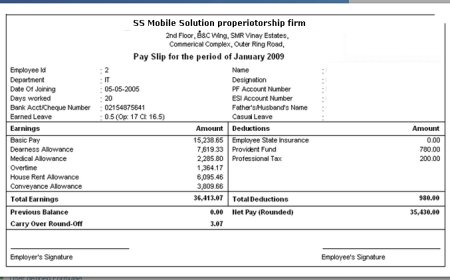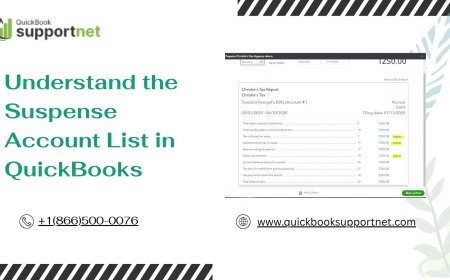The Boardroom Why Executive Coaching is Indispensable for Today's CEOs
I could use this space to tell you about my being a proven executive, business owner, CEO and all that other blah, blah, blah but what I really want to tell you is how much I love coaching.

In the relentless crucible of corporate leadership, the CEO stands at the apex, responsible for steering the entire organization through turbulent waters, seizing opportunities, and ultimately delivering results. The role is inherently isolating, demanding a unique blend of strategic foresight, operational acumen, and profound emotional intelligence. While experience and innate talent are crucial, an increasing number of today's most successful CEOs are recognizing that even at the summit, there's always room to grow, refine, and optimize their leadership. This is where executive coaching, once perhaps viewed as a remedial measure, has firmly established itself as an indispensable tool for top-tier leadership development.
The landscape of business has transformed dramatically over the past decade. We've witnessed rapid technological advancements, unprecedented global interconnectedness, evolving workforce expectations, and a heightened focus on sustainability and social responsibility. For CEOs, navigating this complexity requires more than just traditional business savvy. It demands continuous self-reflection, adaptability, and the ability to inspire and lead through uncertainty. This is precisely where a skilled executive coach provides unparalleled value.
Unlike consultants who offer solutions to specific business problems, an executive coach acts as a confidential thought partner, a sounding board, and a catalyst for self-discovery. They don't provide answers; instead, they ask powerful questions that challenge assumptions, unlock new perspectives, and foster deeper insights. For a CEO, this can be incredibly liberating. In a world where every decision is scrutinized and every word weighed, the coaching relationship offers a rare space for vulnerability, honest self-assessment, and unvarnished feedback.
One of the primary benefits of executive coaching for CEOs lies in enhanced strategic clarity. The constant demands of the day-to-day can often overshadow long-term vision. A coach helps CEOs step back from the operational minutiae to re-evaluate their strategic priorities, identify blind spots, and develop a more robust roadmap for the future. This can involve anything from refining their company's core mission to developing strategies for market disruption or talent retention.
Beyond strategy, coaching significantly impacts leadership effectiveness. Many CEOs, despite their impressive achievements, may grapple with specific leadership challenges. These could range from improving communication skills and delegating more effectively to managing stress and fostering a more inclusive company culture. A coach works with the CEO to identify these areas for development, set actionable goals, and implement new behaviors. The impact often ripples throughout the organization, fostering a more engaged and productive workforce.
Another critical aspect is emotional intelligence. The ability to understand and manage one's own emotions, and to recognize and influence the emotions of others, is paramount for effective leadership. A coach can help CEOs develop greater self-awareness, improve their empathy, and refine their interpersonal skills, leading to stronger relationships with their executive team, board members, and employees. In an era where authentic leadership is highly valued, emotional intelligence is a non-negotiable trait.
Furthermore, coaching provides a crucial mechanism for accountability. While CEOs are accountable to their boards and shareholders, the inherent solitude of their position can sometimes lead to a lack of objective, external accountability for personal and leadership development. A coach fills this void, holding the CEO to their commitments and supporting them through the challenges of change. This external push can be the difference between good intentions and tangible progress.
For instance, consider a CEO grappling with a major organizational restructuring. A coach can help them navigate the emotional complexities of such a change, develop clear communication strategies, and anticipate potential roadblocks. Or imagine a CEO struggling with imposter syndrome despite years of success; a coach can help them build self-confidence and leverage their strengths more effectively. These are not typically issues solved by a management consultant, but rather by a skilled coaching partnership.
In conclusion, executive coaching for CEOs is no longer a luxury but a strategic imperative in today's dynamic business environment. It offers a unique and invaluable opportunity for leaders at the pinnacle of their careers to gain clarity, enhance their capabilities, and sustain peak performance. By investing in their own growth, CEOs not only elevate their personal leadership but also ignite a ripple effect that ultimately strengthens the entire organization, ensuring its resilience and success long into the future. For any CEO committed to continuous improvement and maximizing their impact, the question is not if, but when to engage with an executive coach.










































